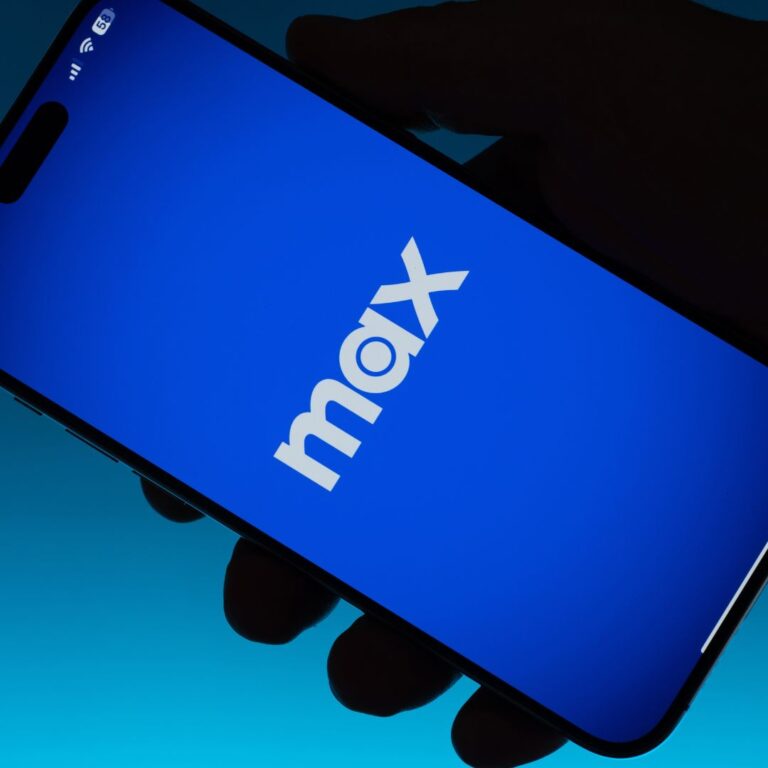HBO (Home Box Office) stands as one of the most iconic and transformative entities in the entertainment industry. Its journey from a fledgling cable network to a global powerhouse in premium television has redefined how audiences consume content. This article explores the fascinating history of HBO and examines its financial worth in the contemporary entertainment landscape.
The Origins of HBO
HBO was launched on November 8, 1972, as the first subscription-based cable television service in the United States. The network was the brainchild of Charles Dolan, founder of Sterling Manhattan Cable (later Cablevision), and Time Inc., which owned a majority stake. First Broadcast: HBO debuted with a hockey game between the New York Rangers and Vancouver Canucks, followed by the airing of the movie Sometimes a Great Notion. Unique Model: Unlike traditional networks that relied on advertising revenue, HBO adopted a subscription model, offering commercial-free programming funded by monthly fees from subscribers. This groundbreaking approach set it apart in the competitive television industry.
Pioneering Achievements
HBO’s growth is marked by several industry firsts and innovations that shaped its dominance:
1. Satellite Distribution (1975)
HBO became the first network to transmit its programming via satellite, enabling it to reach a national audience. This technological leap proved pivotal in the expansion of cable television across the United States.
2. Original Programming (1980s)
HBO distinguished itself with original series and films. The network premiered Not Necessarily the News and invested heavily in stand-up comedy specials, concerts, and documentaries. This commitment to unique content laid the groundwork for its future success.
3. Groundbreaking Series (1990s–2000s)
By the late 1990s, HBO had firmly established itself as a home for prestige television with shows like:
- The Sopranos (1999–2007): Often cited as one of the greatest TV shows of all time.
- Sex and the City (1998–2004): A cultural phenomenon blending humor and social commentary.
- The Wire (2002–2008): Lauded for its realistic portrayal of urban life and complex storytelling.
4. Expansion into Global Markets
HBO extended its reach internationally, launching regional versions of the network across Europe, Asia, and Latin America. The network’s ability to adapt its offerings to local audiences further solidified its status as a global entertainment brand.
Financial Success and Net Worth
HBO’s net worth is closely tied to its parent company, Warner Bros. Discovery. As of 2024, HBO’s estimated valuation within the broader company portfolio is around $15–20 billion, based on its subscriber base, intellectual property, and revenue generation.
Key Revenue Streams
- Subscription Revenue: HBO’s premium subscription model remains its cornerstone. As of Q2 2024, HBO (including Max) reported over 100 million global subscribers. Monthly subscription fees range between $9.99 and $15.99, contributing billions annually.
- Content Licensing: HBO licenses its original series and films to streaming platforms and broadcasters worldwide. Iconic shows like Game of Thrones continue to generate substantial royalties.
- Merchandising: Popular franchises like Game of Thrones, Westworld, and Succession have robust merchandising arms, ranging from apparel to collectible items.
- Streaming via Max: HBO’s streaming platform, initially branded as HBO Max and later simplified to “Max,” combines HBO’s premium content with Warner Bros.’ broader library. This strategic move positioned HBO as a strong competitor in the streaming wars alongside Netflix, Disney+, and Amazon Prime Video.
Challenges and Adaptations
While HBO has enjoyed decades of dominance, it has faced challenges such as:
- Increased Competition: The rise of streaming platforms has fragmented viewership, pushing HBO to innovate and diversify.
- Corporate Mergers: HBO’s ownership has shifted over the years, from Time Inc. to Time Warner, AT&T, and now Warner Bros. Discovery. These transitions have occasionally caused strategic shifts and resource reallocations.
- Content Strategy Debates: Balancing high-budget productions with profitability has been a key concern. Shows like Westworld and Game of Thrones represent significant financial risks due to their high production costs.
Future Outlook
HBO continues to evolve in an increasingly competitive landscape. Key initiatives include:
- Expanding Streaming Presence: Investments in Max and partnerships with telecom companies globally aim to broaden its reach.
- Diversifying Content: HBO has committed to producing more international content to appeal to a global audience. Shows like House of the Dragon and The Last of Us exemplify its efforts to stay relevant.
- Technological Integration: HBO is leveraging advancements in AI and data analytics to tailor its content offerings and optimize viewer experiences.
Cultural and Industry Impact
HBO’s legacy extends beyond its financial success. It has fundamentally altered television by emphasizing quality over quantity, nurturing visionary creators, and proving that TV can rival cinema in storytelling and production values.
HBO’s journey from a niche cable network to a global entertainment titan showcases its resilience and innovative spirit. Its impressive net worth, backed by a robust catalog of acclaimed content and a loyal subscriber base, ensures that HBO will remain a cornerstone of the entertainment industry for years to come. As the landscape continues to evolve, HBO’s commitment to quality storytelling positions it as a leader in shaping the future of media.

